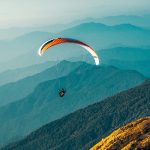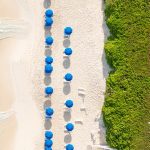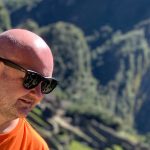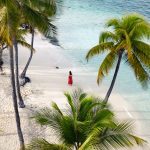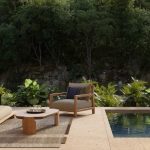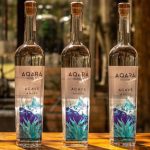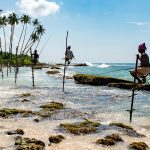Take a dive with Aquanauts in Grenada
Story: Ian Stalker
Tom Geer views the Caribbean Sea as a big, wide water body that has plenty of room for those who want to take up scuba diving.
And that includes people with physical disabilities.
Geer and his family run Aquanauts, a dive operator on the island of Grenada that’s happy to teach diving to a range of people, among them those with disabilities who can learn what Geer labels “adaptive diving.”
“The only reason a person cannot scuba dive is due to circulatory ailments or issues and/or respiratory ailments or issues with cavities where they can not equalize them effectively,” he says. “Cavities like ears, sinus, etc. These issues are typically artifacts from a surgical procedure.
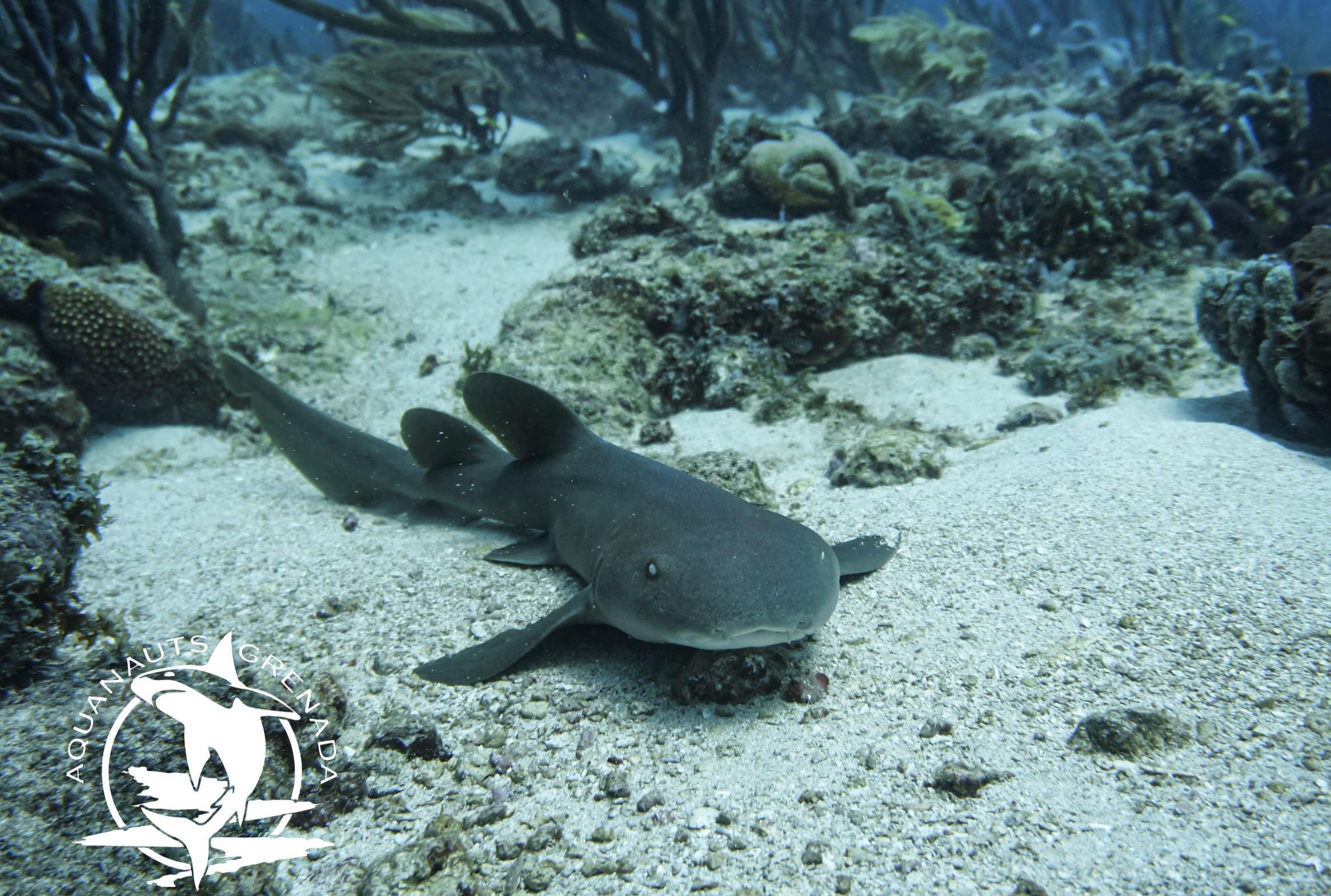
“There is a large community for adaptive diving and an equally large community of supporters for adaptive divers. It’s amazing. Biases exist only to be challenged and broken.”
Geer notes issues that discourage some from trying diving may be offset by dive gear that he says ensure adaptation for the aquatic environment. For instance, there are hand fins and prosthetics with fins specifically designed for scuba.
Geer and his son Tyler are both certified instructors for PADI and SSI. As well, they’re trained in extended range and decompression techniques. “With all of that advanced training, we will tell you the most rewarding instructor certification we have is with the Handicapped Scuba Association (HSA). As HSA instructors, we can dive with adaptive divers as well as train their friends/family how to be a dive buddy with them,” he says.
His own diving history has him convinced that there’s no reason why most people with disabilities can’t dabble in underwater exploration.
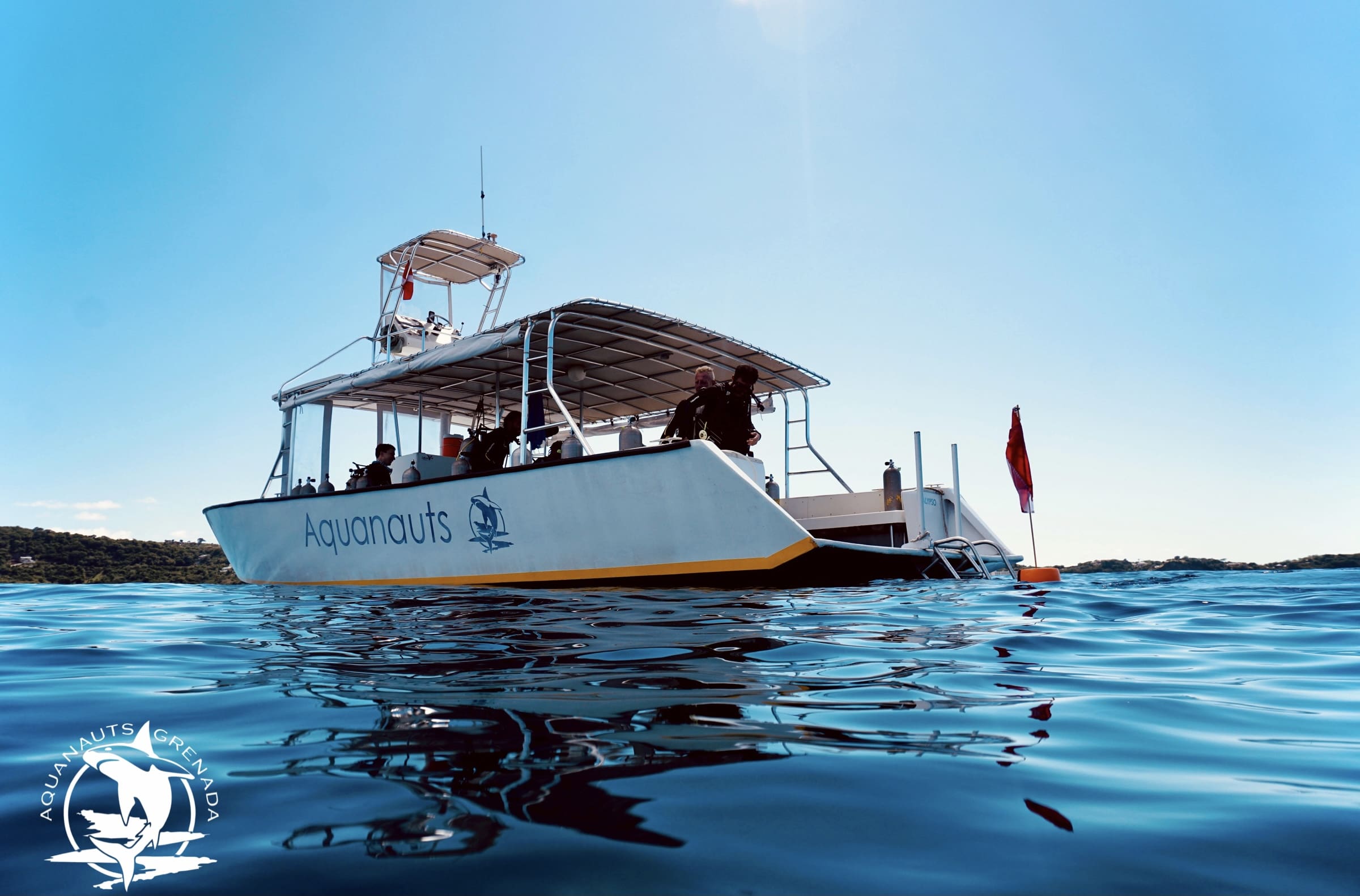
“The beautiful thing about scuba is the weightlessness and the gentle sway of the ocean,” he says. “The sounds when you have no sight are amazing. To be able to drift and experience all of the beauty of the underwater world is amazing. People with challenges such as blindness, deafness, paralysis, loss of a limb(s), or who are quadrapalegic are capable of exploring the underwater world with a certified instructor/buddy.
“In the water, it is far easier to adapt than on land. The best divers are the ones who find joy and beauty in every dive. At times, it takes more creativity to establish effective communication while underwater, but I would argue the adaptive community is at an advantage.”
And Geer says he has no doubt that people with disabilities who learn to dive will find it rewarding.
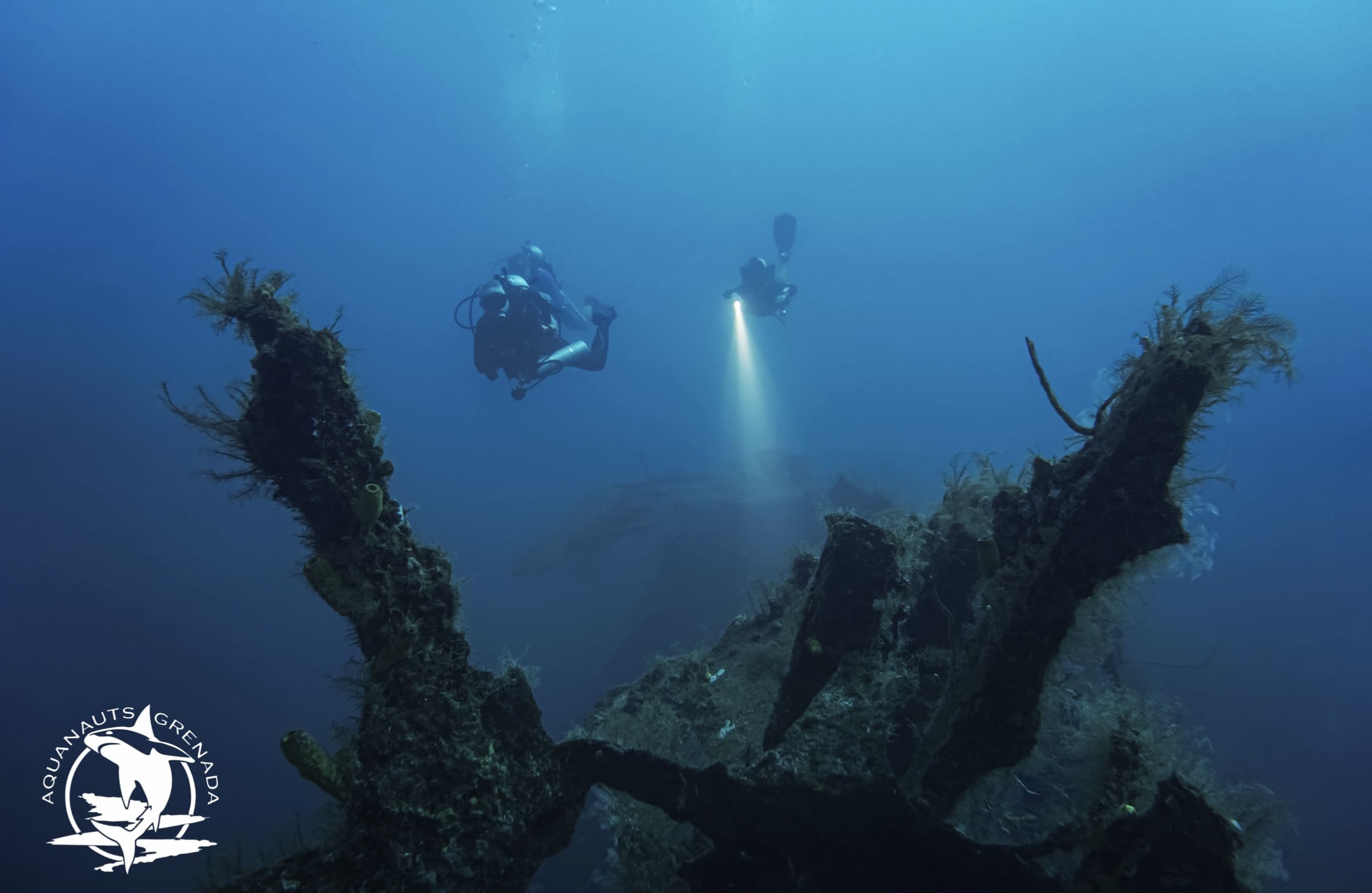
“The most important part for anyone who engages with scuba is the first dive,” he says. “It is all wonder and beauty. When dealing with people who have accessibility challenges, every dive is filled with wonder and beauty. It’s truly an amazing experience to dive with adaptive divers.
“Everyone who engages in scuba experiences wonder and joy. Adaptable configurations are no different. Their appreciation of the experience leaves your heart filled with warmth, joy, and inspiration.”
Those wanting further information can visit www.aquanautsgrenada.com.

